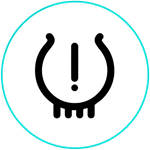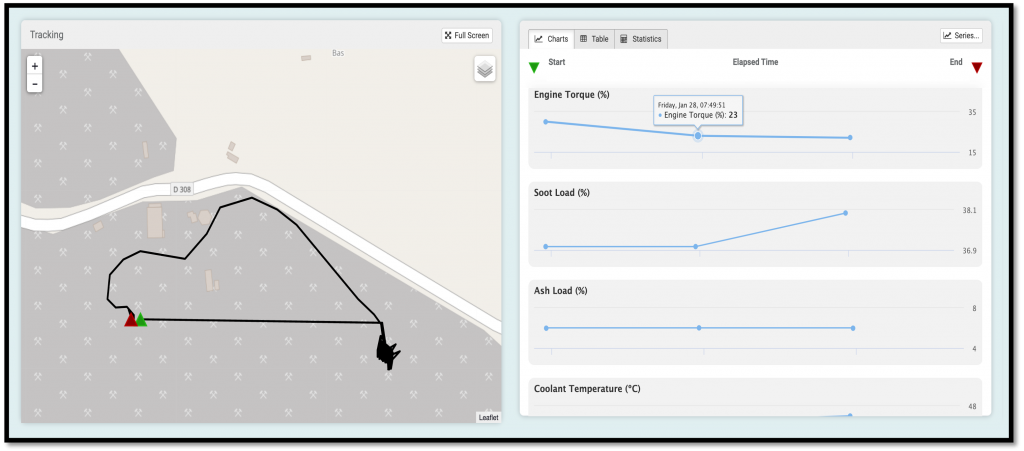Sponsored by Tough TechReviewed by Louis CastelMar 21 2024
Monitoring the engine offers crucial feedback regarding the engine's health (via Electronic Control Unit or ECU) and driver behavior. There are efficiency gains from driving well, but there are also safety benefits. Managing driver behavior and engine health contributes to reducing fuel consumption and general wear on your vehicles.
Engine Monitoring
Collecting essential engine data from the ECU to ensure the vehicle operates safely and efficiently is possible. This data also provides service companies and OEMs critical feedback to better support their customers.

Image Credit: Tough Tech
Making any data collected by ATLAS usable for an in-cab screen is also possible.

Image Credit: Tough Tech

Dual CANbus connection. E.G. Data could be collected via one bus and deposited via bus two. Image Credit: Tough Tech

Multiple sensor inputs/outputs. Additional vehicle sensors can relay data to the in-cab screen. Image Credit: Tough Tech

Digital 1-wire interface. Driver iButton identification allows for authorisation of features. Image Credit: Tough Tech
Flexible Hardware – Engine Monitoring +
With many interfaces, ATLAS offers great flexibility. ATLAS contains two J1939 CANbus interfaces that can track speed, mileage, fuel consumption, and RPM, as well as assist in identifying any excess idling or other undesirable driving behaviors that cause an increase in fuel consumption. The sensor data collected via ATLAS is also available to the on-board monitor/screen.
Monitoring via an engine ECU provides insight into engine operation and provides OEMs with crucial service data.

Image Credit: Tough Tech
Journey Health
It is essential to identify the parameters to be monitored and measured from either the engine (ECU) or driver, as this enables ATLAS Journey Health insight to find the exact locations required to meet the parameters. Any actions or alerts needed are reported to the ATLAS Insight Management Platform.

Image Credit: Tough Tech
Driver Behavior
This device alerts fleet managers and drivers when undesirable behavior occurs. Drivers receive instant feedback through visual or auditory alerts and ensure that drivers can self-correct. This helps to deter them from performing dangerous behaviors. The feedback received by the fleet manager can result in training opportunities to support safer driving. By monitoring parameters like speed, vehicle location, aggressive acceleration, and braking, companies are able to make informed decisions on safety and efficiency.
Undesirable driver behavior can be resolved through training, incentives, and specific KPIs.

This information has been sourced, reviewed and adapted from materials provided by Tough Tech.
For more information on this source, please visit Tough Tech.